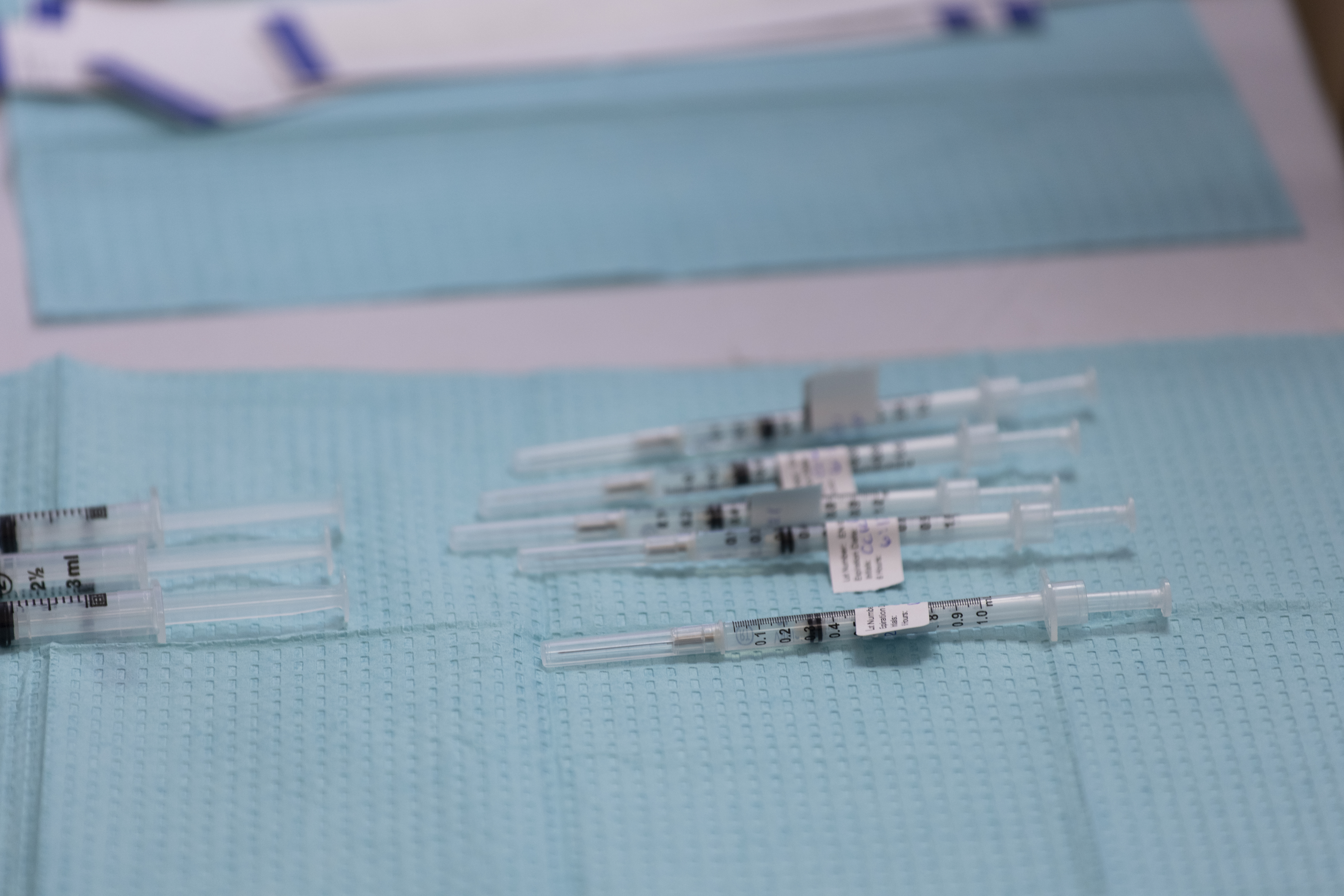A new vaccine from the University of Georgia could be the first clinically approved immunization to protect against invasive fungal infections, a growing concern as antifungal drug resistance increases.
Fungal infections cause more than 1.5 million deaths worldwide each year and cost billions. They also double hospitalization costs, double the length of hospital stays and double the risk of death in hospitalized patients, according to a previous UGA study.
But there currently are no effective vaccines to protect vulnerable patients from fungal infections.

Karen Norris (Photo by Andrew Davis Tucker / UGA)
“There’s a significant unmet clinical need for this kind of prevention and also treatment, particularly among immunocompromised individuals,” said Karen Norris, lead investigator on the new study and professor in the College of Veterinary Medicine. “The patient population at risk for invasive fungal infections has increased significantly over the last several years.”
The experimental vaccine is designed to protect against the three most common fungal pathogens that are responsible for more than 80% of fatal fungal infections. The study tested the vaccine’s efficacy in four preclinical animal models, including nonhuman primates.
The researchers relied on different immunosuppressed models for the study, reflecting drug regimens similar to those of transplant recipients, people with HIV or cancer patients, some of the most at-risk human populations.
The vaccine was effective in developing protective antibodies in each of the models.
“Because it targets three different pathogens, the vaccine has the potential to be groundbreaking regarding invasive fungal infections,” said Norris, who is also faculty in the university’s Center for Vaccines and Immunology. “Plans are underway to develop the vaccine for a Phase I (human) safety trial.”

